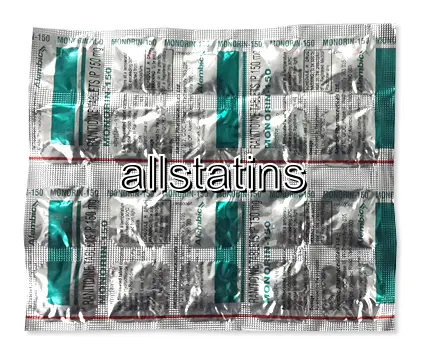| Package | Dosage | Price | Price per Dose | |
|---|---|---|---|---|
| Dosage: 150mg | ||||
| 360 pill | 150mg | $233.20 | $0.65 | |
| 240 pill | 150mg | $159.65 | $0.66 | |
| 180 pill | 150mg | $148.88 | $0.83 | |
| 120 pill | 150mg | $107.62 | $0.90 | |
| 90 pill | 150mg | $89.68 | $0.99 | |
| 60 pill | 150mg | $57.39 | $0.97 | |
| 30 pill | 150mg | $34.07 | $1.13 | |
| Dosage: 300mg | ||||
| 360 pill | 300mg | $367.75 | $1.02 | |
| 240 pill | 300mg | $267.29 | $1.11 | |
| 180 pill | 300mg | $213.47 | $1.18 | |
| 120 pill | 300mg | $157.85 | $1.31 | |
| 90 pill | 300mg | $125.56 | $1.40 | |
| 60 pill | 300mg | $91.48 | $1.52 | |
| 30 pill | 300mg | $52.01 | $1.70 | |

Zantac Description
Overview of Zantac
Zantac, a well-known medication in the United States, is used primarily to reduce stomach acid. Its active ingredient, ranitidine, belongs to the class of drugs called H2 blockers. This medication has been widely prescribed for conditions such as gastroesophageal reflux disease (GERD), stomach ulcers, and Zollinger-Ellison syndrome. Many patients appreciate Zantac for its effectiveness in alleviating symptoms related to excess stomach acid. However, recent withdrawal from the U.S. market due to safety concerns has impacted its availability, prompting many to seek similar alternatives or generic options.
How Zantac Works
Zantac works by blocking histamine receptors in the stomach lining. This action significantly decreases the production of stomach acid. When taken as directed, it can provide quick relief for heartburn, indigestion, and sour stomach. Its long-lasting effect makes it suitable for once or twice-daily dosing, which many patients find convenient. The medication is generally well-tolerated, with few side effects, making it a popular choice among those managing acid-related digestive issues.
Effectiveness and User Experience
Many users in the U.S. have reported that Zantac effectively eased their symptoms within hours of the first dose. For chronic conditions like GERD or ulcers, consistent use has led to significant symptom relief and improved quality of life. The medication is commonly used both as a short-term and long-term solution. Patients often mention that Zantac provided rapid relief, especially in cases of sudden heartburn attacks. Still, some individuals have experienced occasional side effects such as headaches or fatigue, though these are usually mild and temporary.
Safety Concerns and Market Withdrawal
In recent years, concerns about a potential cancer risk linked to trace amounts of NDMA contamination in ranitidine led to a nationwide recall. The FDA recommended stopping the use of Zantac and similar ranitidine products pending further investigation. This caused a significant impact on patients relying on the medication. Despite its effectiveness, safety concerns have led to the product being removed from many pharmacies across the country. As a result, patients are encouraged to consult healthcare providers for alternative treatments to manage their stomach acid issues.
Alternatives Available in the USA
Following the withdrawal of Zantac, many patients turned to other medications to control their symptoms. Over-the-counter options include other H2 blockers like famotidine (Pepcid) and ranitidine substitutes that are considered safe. Proton pump inhibitors (PPIs) such as omeprazole or esomeprazole are also commonly prescribed for more severe cases. It’s important for individuals to seek medical advice before switching medications to ensure the chosen therapy is appropriate for their specific condition. In addition, lifestyle modifications like diet change, weight management, and elevating the head of the bed can aid in symptom control.
Purchasing Zantac in the USA
While Zantac is no longer available commercially in the U.S. due to safety issues, some online pharmacies may offer imported or compounded versions. However, patients should exercise caution and ensure they are purchasing from reputable sources. Always verify the authenticity and safety standards of any medication obtained online. Consulting with a healthcare professional is recommended before using any medication, especially given the recent regulatory updates surrounding ranitidine.